Introduction:
As fuel prices continue to rise, drivers are increasingly looking for ways to maximize fuel efficiency without compromising on performance or features. One of the most innovative solutions in recent years is the rise of micro-hybrid cars. These vehicles are designed to offer better mileage than conventional cars by combining traditional internal combustion engines with small electric components. In this blog, we’ll explore the top micro-hybrid cars that provide impressive fuel economy and reduced emissions, making them a smart choice for eco-conscious drivers.
Table of Contents
Table: Comparison of Top 7 Micro-Hybrid Cars 2024
| Car Model | Mileage (km/l) | Engine Type | Key Features | Price Range (USD) |
|---|---|---|---|---|
| Maruti Suzuki Dzire | 23-24 | 1.2L Petrol, Mild-Hybrid | Start-stop, regenerative braking | $7,800 – $10,800 |
| Honda City | 17-19 | 1.5L Petrol, Mild-Hybrid | Advanced start-stop, electric assist | $13,200 – $19,200 |
| Ford EcoSport | 21-22 | 1.5L Petrol, Mild-Hybrid | Start-stop, low rolling resistance | $9,600 – $14,400 |
| Toyota Corolla Altis | 18-21 | 1.8L Petrol, Hybrid | Regenerative braking, electric assist | $18,000 – $24,000 |
| Audi A3 TFSI e | 18-20 | 1.4L Turbo Petrol, Hybrid | Plug-in hybrid, electric-only mode | $54,000 – $66,000 |
| BMW 3 Series Plug-in Hybrid | 18-22 | 2.0L Petrol, Plug-in | Electric mode, regenerative braking | $60,000 – $72,000 |
| Suzuki Swift | 23-25 | 1.2L Petrol, Mild-Hybrid | Start-stop, energy recovery system | $7,200 – $10,200 |
What Are Micro-Hybrid Cars?
Micro-hybrid cars are vehicles equipped with a start-stop system, regenerative braking, and other small electric features, such as a mild electric motor or battery, to improve fuel efficiency. Unlike full hybrids, micro-hybrids do not have the ability to drive solely on electric power. Instead, the vehicle’s electric system assists the engine during acceleration and helps with other tasks like turning off the engine when the vehicle is idling, only to start it again when needed. This technology optimizes fuel usage, resulting in better mileage, fewer emissions, and overall cost savings for the driver.
Key Benefits of Micro-Hybrid Cars
- Fuel Efficiency: Micro-hybrids offer better mileage than conventional cars due to their ability to use electric assistance in specific driving conditions.
- Lower Emissions: These cars emit less CO2, making them an environmentally friendly option for daily commuting.
- Reduced Fuel Consumption: With features like start-stop and regenerative braking, micro-hybrids help reduce overall fuel consumption.
- Cost-Effective: Micro-hybrids are generally less expensive than full hybrids or electric cars, making them more affordable for those looking to cut down on fuel costs.
Best Micro-Hybrid Cars for Better Mileage in 2024
1. Maruti Suzuki Dzire
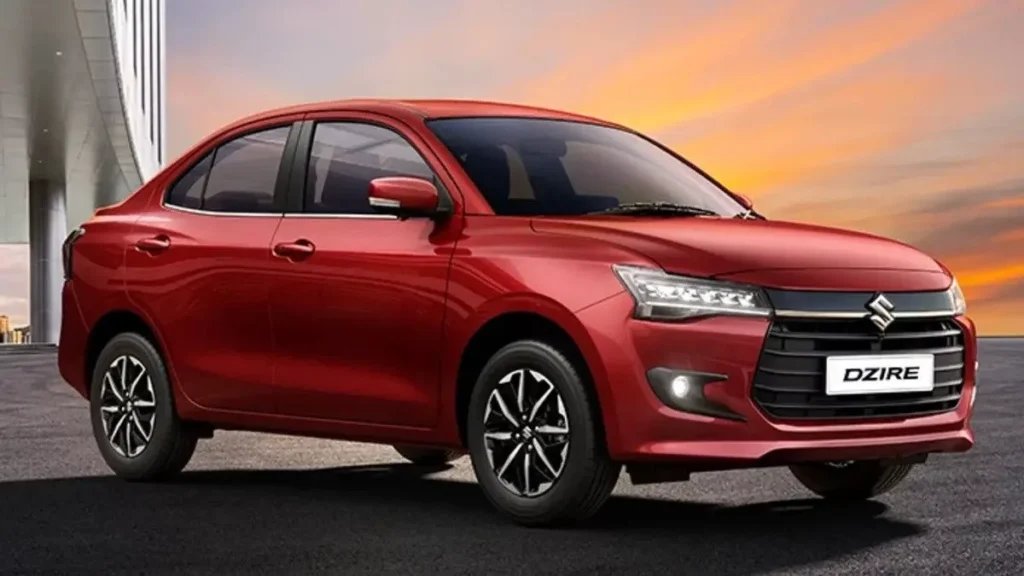
- Mileage: 23-24 km/l
- Engine: 1.2L Petrol, Mild-Hybrid Technology
- Features: Start-stop system, regenerative braking, automatic transmission
- Overview: Maruti Suzuki has been a frontrunner in introducing affordable and fuel-efficient vehicles in India. The Dzire, with its mild-hybrid system, offers excellent mileage for a compact sedan. It features Suzuki’s SHVS (Smart Hybrid Vehicle by Suzuki) system, which uses a small electric motor to assist the engine during acceleration and improves fuel efficiency significantly.
- Why Choose It: If you are looking for a well-priced sedan that offers great mileage and a comfortable ride, the Dzire is a top contender.
2. Honda City
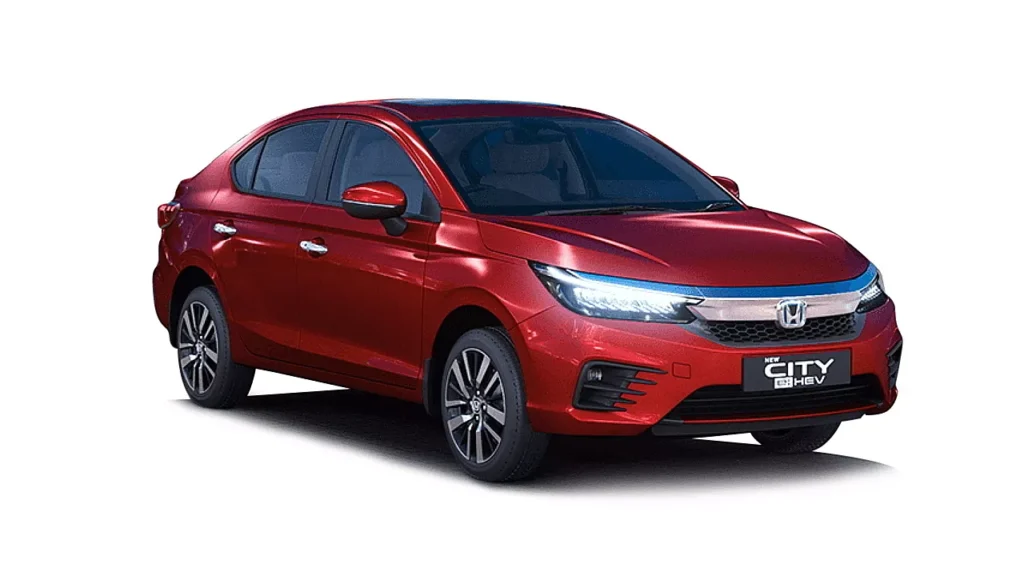
- Mileage: 17-19 km/l
- Engine: 1.5L i-VTEC Petrol, Mild-Hybrid Technology
- Features: Advanced start-stop system, electric motor for added power assistance
- Overview: Honda’s City has been a long-time favorite among buyers looking for a premium compact sedan with a blend of performance and efficiency. The micro-hybrid version of the Honda City comes with a mild-hybrid system that helps boost fuel efficiency while retaining the car’s renowned driving experience. With the ability to stop the engine when idle and restart it automatically, it reduces fuel wastage in traffic.
- Why Choose It: For those who want a premium, stylish, and efficient vehicle, the Honda City offers the perfect balance.
3. Ford EcoSport
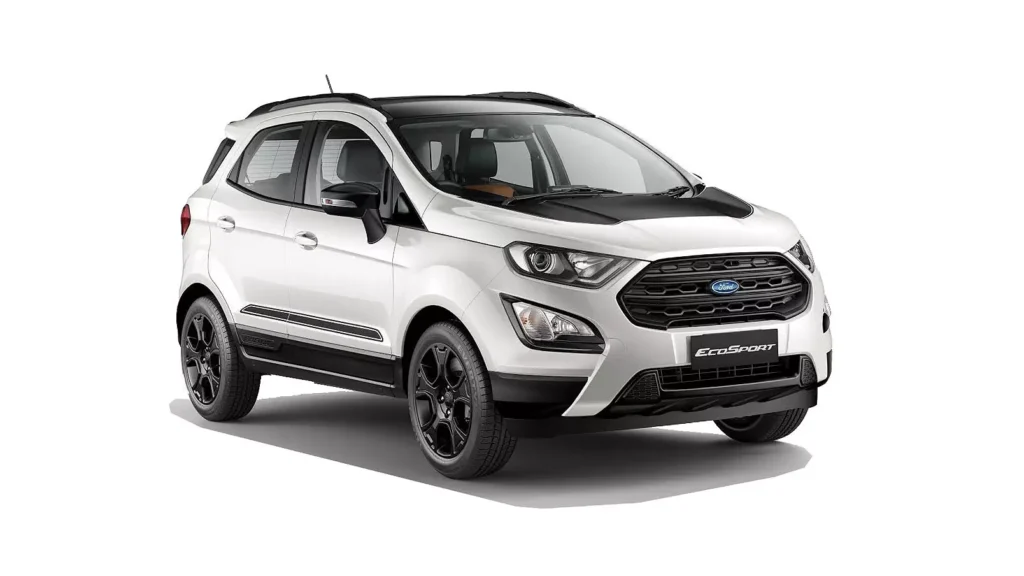
- Mileage: 21-22 km/l
- Engine: 1.5L Petrol, Mild-Hybrid Technology
- Features: Start-stop system, regenerative braking, low rolling resistance tires
- Overview: The Ford EcoSport is a compact SUV that combines rugged performance with exceptional fuel efficiency. Ford’s micro-hybrid technology in the EcoSport helps improve overall mileage, making it one of the most efficient SUVs in its segment. The start-stop system ensures that the engine shuts down when the vehicle is idling, saving fuel in city traffic.
- Why Choose It: If you need the flexibility and space of an SUV but also want to save on fuel, the EcoSport’s micro-hybrid technology is an excellent choice.
4. Toyota Corolla Altis
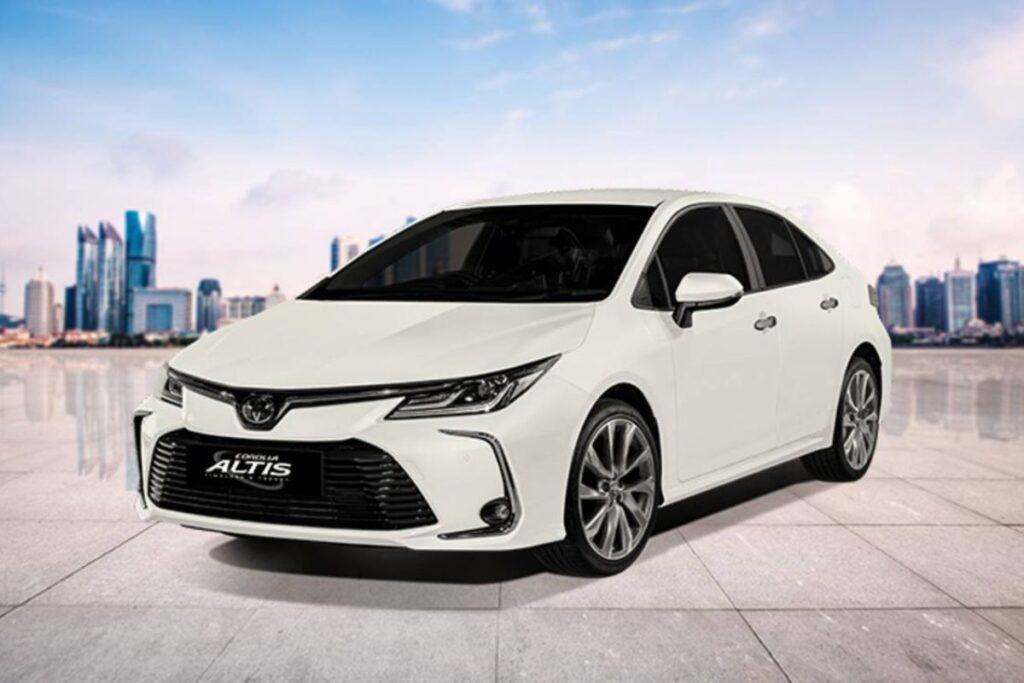
- Mileage: 18-21 km/l
- Engine: 1.8L Petrol, Hybrid System (Micro-Hybrid Features)
- Features: Regenerative braking, electric motor assistance
- Overview: The Toyota Corolla Altis is one of the most reliable cars on the market, and its hybrid technology further enhances its appeal. With the ability to use both its gasoline engine and an electric motor, the Corolla Altis maximizes fuel efficiency. While not a fully electric car, the hybrid system offers improved mileage and lower emissions compared to conventional vehicles.
- Why Choose It: For those who want a spacious sedan with excellent fuel efficiency and low maintenance costs, the Corolla Altis is a great option.
5. Audi A3 TFSI e
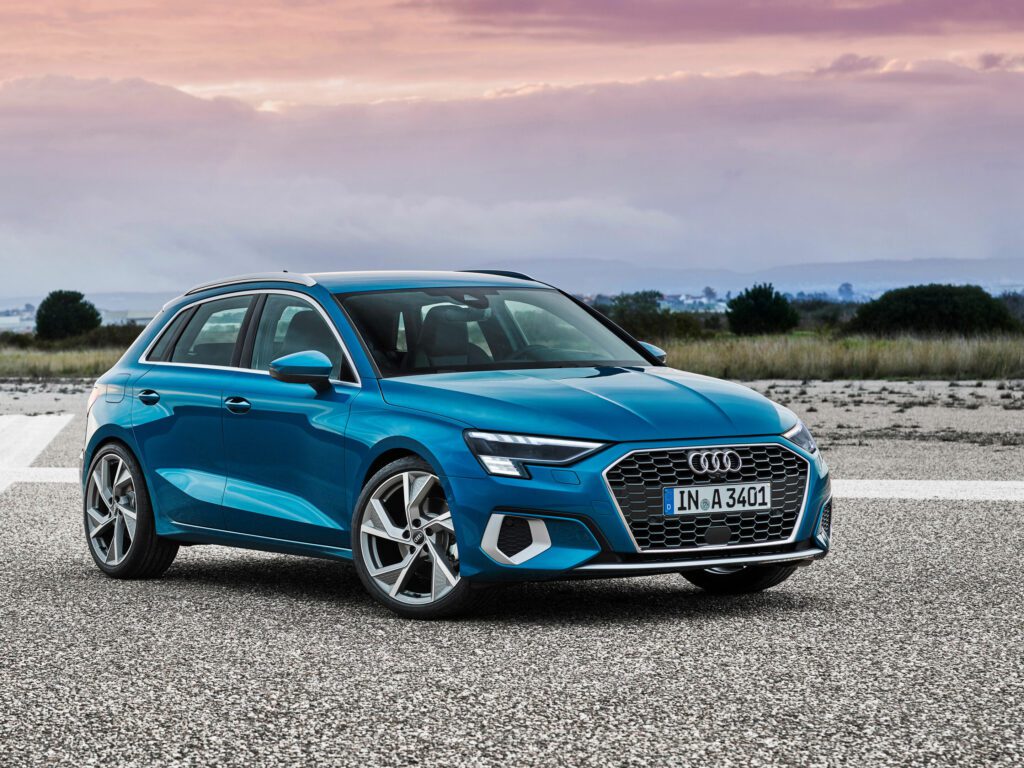
- Mileage: 18-20 km/l (combined hybrid)
- Engine: 1.4L Turbo Petrol, Electric Motor (Plug-in Hybrid)
- Features: Plug-in hybrid system, regenerative braking, electric-only driving mode
- Overview: The Audi A3 TFSI e is a premium vehicle that offers both performance and efficiency. As a plug-in hybrid, it has the option of driving purely on electric power for short trips, while the petrol engine kicks in when more power is needed. The vehicle uses regenerative braking to charge the battery and offers a smooth and refined driving experience.
- Why Choose It: For those looking for a luxury vehicle that offers excellent mileage and an eco-friendly hybrid system, the Audi A3 TFSI e is a top choice.
6. BMW 3 Series Plug-in Hybrid (330e)
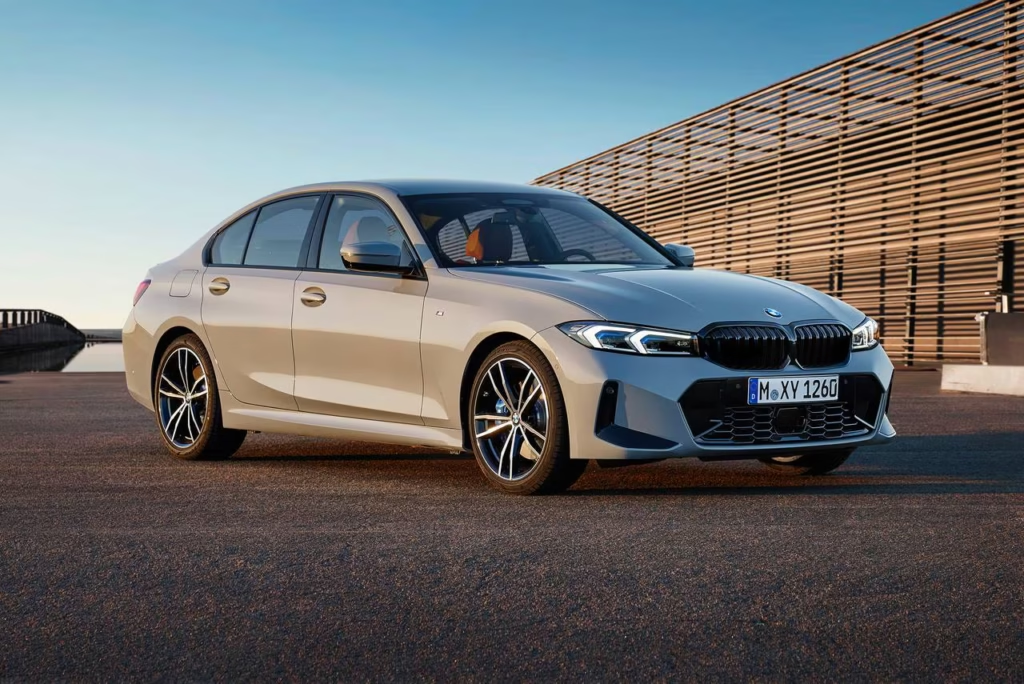
- Mileage: 18-22 km/l (combined)
- Engine: 2.0L Petrol, Electric Motor (Plug-in Hybrid)
- Features: Regenerative braking, electric-only driving mode, start-stop system
- Overview: The BMW 3 Series 330e combines sporty performance with outstanding fuel efficiency. With its hybrid powertrain, it offers the flexibility of driving on electric power for short distances while delivering excellent fuel efficiency in longer drives. The use of regenerative braking further enhances its efficiency by charging the battery when braking.
- Why Choose It: If you want a high-performance car with better fuel economy, the BMW 330e offers the best of both worlds.
7. Suzuki Swift
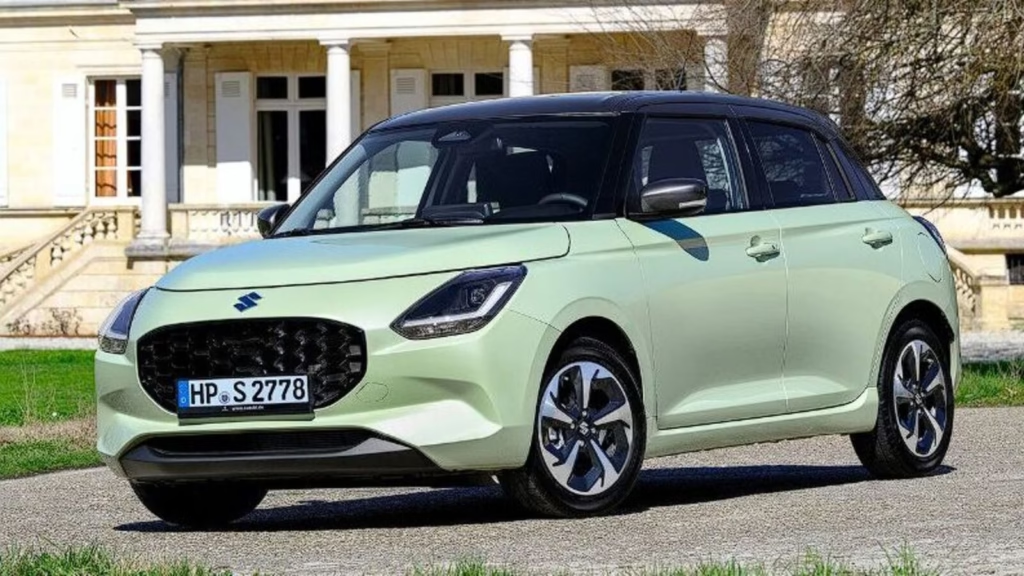
- Mileage: 23-25 km/l
- Engine: 1.2L Petrol, Mild-Hybrid Technology
- Features: Start-stop system, energy recovery system
- Overview: The Suzuki Swift, with its compact design and micro-hybrid technology, offers one of the best fuel efficiencies in the hatchback category. The SHVS (Smart Hybrid Vehicle by Suzuki) system ensures lower fuel consumption, while the start-stop technology reduces wastage in traffic. This car is ideal for city commuting and long drives alike.
- Why Choose It: The Swift is perfect for those looking for a budget-friendly, fuel-efficient, and practical hatchback.
Conclusion
Micro-hybrid cars represent a smart choice for drivers who want better mileage without sacrificing the performance or features of a traditional vehicle. With improved fuel efficiency, lower emissions, and advanced technology, micro-hybrids are the future of efficient driving. Whether you are in the market for a compact sedan, an SUV, or a luxury vehicle, there are many options available that cater to different needs and preferences.
Choosing a micro-hybrid vehicle not only saves you money on fuel but also reduces your carbon footprint. As the world continues to move toward more eco-friendly and efficient transportation solutions, these vehicles are becoming an increasingly popular choice among drivers looking to save both the environment and their wallets.
FAQs
1. What is the key difference between micro-hybrids and full hybrids?
Micro-hybrids use small electric components for assistance, while full hybrids can run entirely on electric power for short distances.
2. Are micro-hybrid cars suitable for city traffic?
Yes, features like the start-stop system in micro-hybrids make them highly fuel-efficient in stop-and-go traffic conditions.
3. Do micro-hybrid cars require special maintenance?
No, they typically have maintenance requirements similar to conventional cars, with the added benefit of longer-lasting components like regenerative braking systems.
4. Which micro-hybrid car offers the best mileage in 2024?
The Suzuki Swift leads in mileage, providing up to 25 km/l with its advanced SHVS technology.
5. Are micro-hybrid cars cost-effective compared to full hybrids?
Yes, micro-hybrids are generally more affordable while still offering significant fuel savings and environmental benefits.

